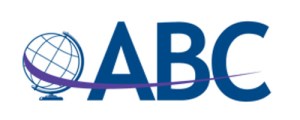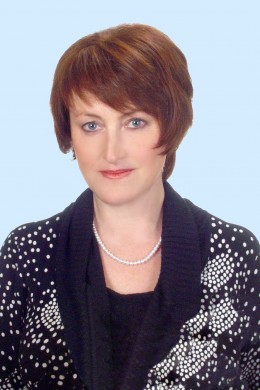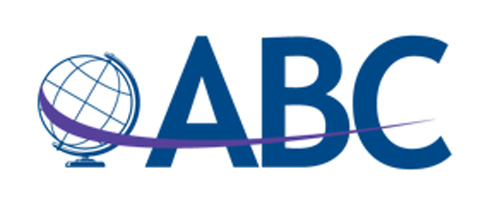UPDATE May 12, 2014: This round of micro grants has been completed – see the results. As further micro grants become available, they will be described on the website.
The Center for Intercultural Dialogue will distribute micro grants for intercultural dialogue from a pool of $5000 made available by the Association for Business Communication. These micro grants are intended to support either or both of the two types of activities described in the mission of the Center: study of intercultural dialogues by Communication scholars, and/or participation in intercultural dialogue through academic interactions between Communication scholars based in different countries, or different linguistic and cultural regions. Thus, you do not have to be studying intercultural dialogue as your topic – putting intercultural dialogue into practice through collaborative research is also eligible for funding. These grants are sufficient to provide seed funding only: no more than $1000 maximum can be awarded to any one individual. The goal is to encourage international, intercultural, interlingual collaborative research by giving enough funding to offset the cost of airfare only, while providing opportunity (and cause) for matching grants from universities. Past experience shows that even these small grants help researchers obtain matching funds from their departments, or administration.

If you already have multiple international connections, this grant is not for you – obviously you don’t need it. But if you are at a small college, or if you are a new scholar, or have not yet established significant international connections related to research, or if your university has recently cut back its budget for travel, you are the intended audience for this competition. If you have been reading publications by an international scholar on a topic of potential relevance to your own research, consider a short trip to discuss ways to collaborate on a future project. If you do not know who has been doing relevant work, check the sources you’ve been reading lately, ask your colleagues, and/or think about who you know from graduate school or who you have met (or heard present an intriguing paper) at a conference. Find someone with similar interests but who takes a different theoretical or methodological stance by virtue of being based in a different cultural context.
The intention is to support the development of new intercultural, professional connections. Thus continuing collaborations are ineligible. Those based in the US are expected to propose travel outside the country. International scholars currently living outside their country of origin are asked to establish a new affiliation in a different region rather than proposing a return to their homeland. We recognize that much interesting work can be done within a country between cultural groups, however this grant program focuses on connecting researchers who are not yet connected, across cultural regions that are typically disconnected. This rationale of cross-cultural connection must be explicit in the project description.
The ABC Micro Grants Application requires applicants to describe their project, provide a brief resume, a short note from their department chair documenting their current status, and one from the host scholar expressing interest in holding conversations related to research. The deadline is April 15, 2014. Membership in ABC is required, but they have decided to consider this a recruitment opportunity, meaning that you may join and be eligible immediately.
The National Communication Association set aside similar funding for micro grants in 2012-13. Those projects have already been completed, and have been described in sufficient detail that they may serve as models for this year’s applications.
Contact the Center’s Director, Wendy Leeds-Hurwitz, with questions.
 Association for Business Communication 2018 Annual Conference: Celebrating Diversity and Culture in Business Communication, October 24-27, 2018, Miami, Florida, USA. Deadline: April 30, 2018.
Association for Business Communication 2018 Annual Conference: Celebrating Diversity and Culture in Business Communication, October 24-27, 2018, Miami, Florida, USA. Deadline: April 30, 2018. 



